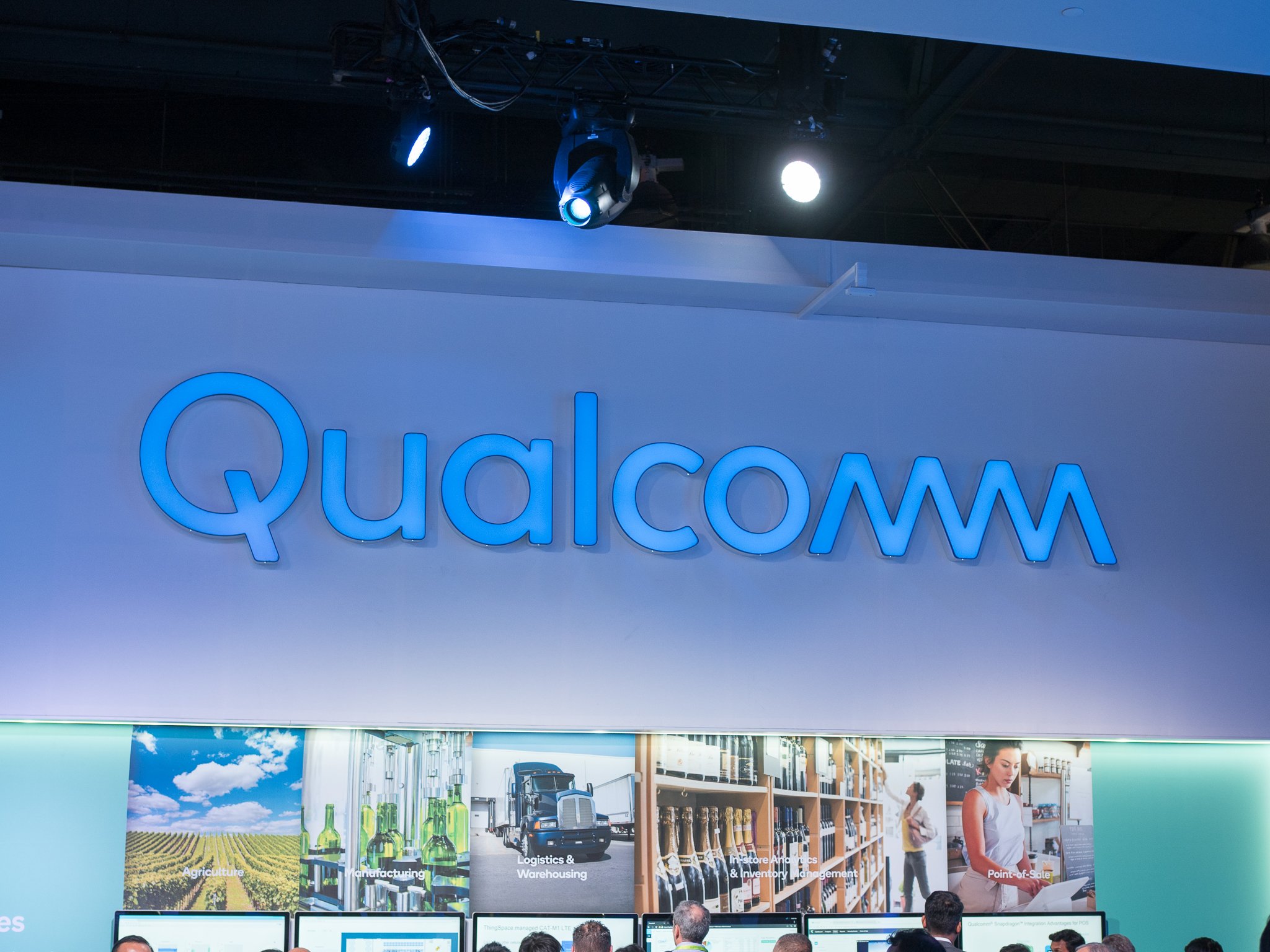Qualcomm faces £480 million lawsuit in UK over alleged anti-competitive behavior

What you need to know
- UK Consumer advocate Which? plans to sue Qualcomm over alleged anti-competitive behavior which cost UK smartphone buyers millions of pounds.
- Which? estimates that buyers could be owed between £5 and £30.
- Qualcomm disagrees with the framing, saying that the case has no basis.
Which?, a UK consumer advocate, today announced its intention to file a class-action lawsuit against Qualcomm. The company alleges that the chip-maker had driven up smartphone prices artificially by refusing to license patents to competing chipset companies and refusing to supply chipsets to other smartphone manufacturers unless they licensed the chipsets and paid royalties to Qualcomm.
If the class-action suit is successful, Qualcomm would be on the hook for over £480 million, a sum which works out to between £5 to £30 for the 29 million affected UK smartphones. Naturally, more expensive phones as the iPhone X or XS will be on the higher scale, while something like a Galaxy A9 would be on the lower-end of things.
In a statement issued today, Which? said:
Together, Which? says that these abuses enable Qualcomm to charge Apple and Samsung higher fees for licenses for its patents, than would be the case if Qualcomm behaved lawfully. Which? believes that Qualcomm is using its market power to gain an unlawful advantage in its negotiations with manufacturers, which enable it to insist on charging artificially high fees for its patents.
Which? chief executive Anabel Hoult further added:
We believe Qualcomm's practices are anti-competitive and have so far taken around £480m from UK consumers' pockets – this needs to stop. We are sending a clear warning that if companies such as Qualcomm indulge in manipulative practices which harm consumers, Which? is prepared to take action.
Qualcomm, despite having made similar overtures to regulators in the case of NVIDIA, isn't a fan of this move. In a statement made to iMore, Qualcomm denied that the lawsuit had any basis to stand on, stating:
There is no basis for this lawsuit. As the plaintiffs are well aware, their claims were effectively put to rest last summer by a unanimous panel of judges at the Ninth Circuit Court of Appeals in the United States.
Which? is waiting for permission by the UK's Competiton Appeal Tribunal to proceed. In the meantime, smartphone users who purchased an iPhone or a Galaxy after 2015 can check here if they'd be eligible for a payout should they be successful.
Get the latest news from Android Central, your trusted companion in the world of Android

